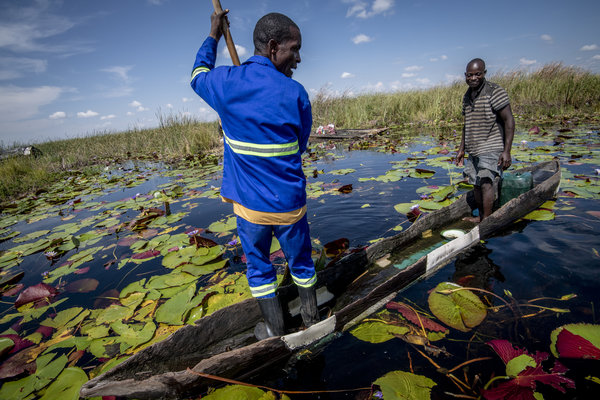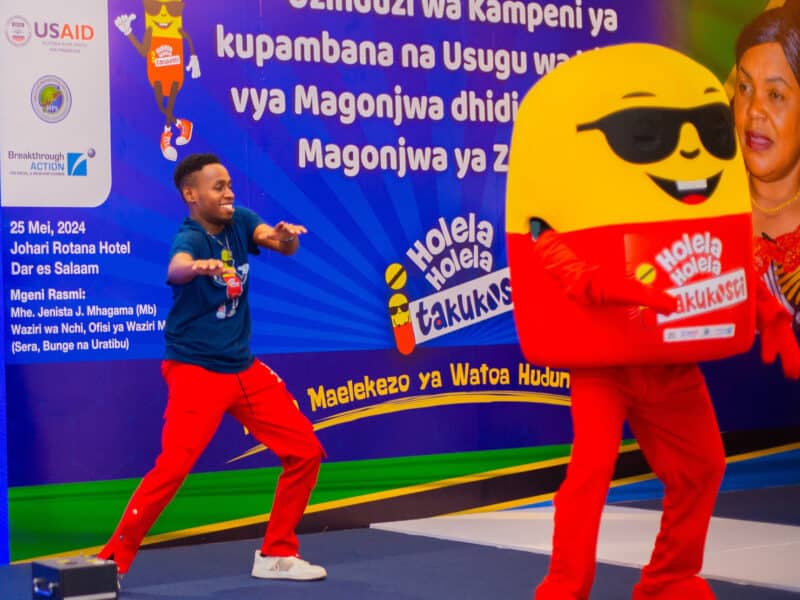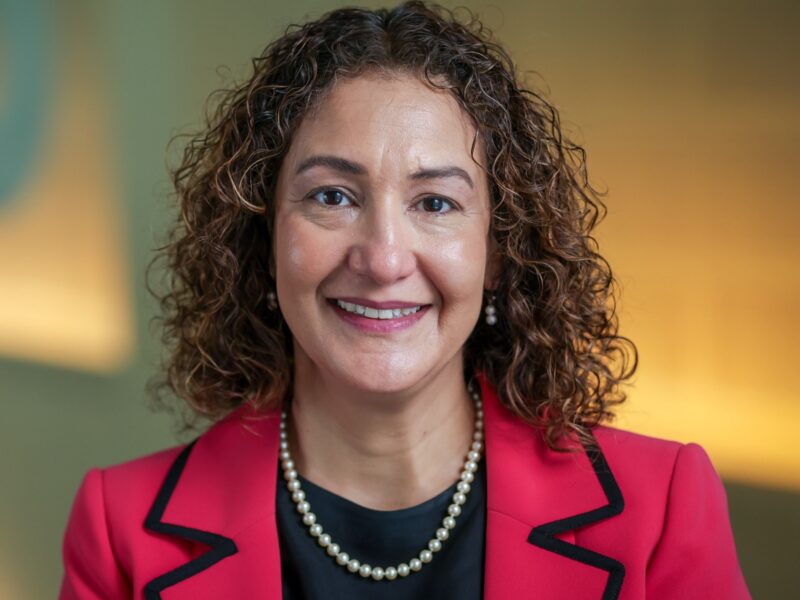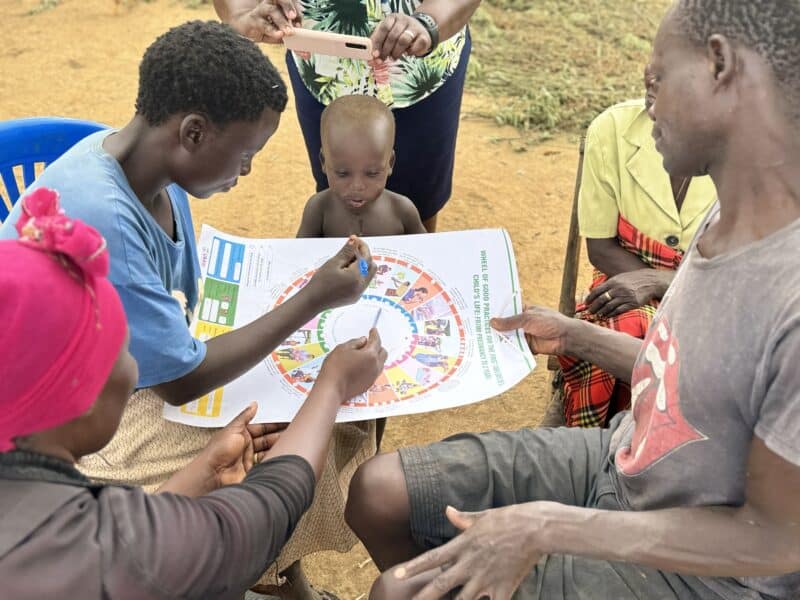Without clean water and proper sanitation, many Zambian fishermen and their families are at serious risk for cholera. A joint research study between the Delivering Oral Vaccine Effectively (DOVE) project and the Centre for Infectious Disease Research in Zambia aims to find better ways to protect them.
Led by the Johns Hopkins Bloomberg School of Public Health and funded by the Bill & Melinda Gates Foundation, DOVE works globally to distribute oral cholera vaccine to the people most in need. The Johns Hopkins Center for Communication Programs supports these efforts.
This spring, photographer Karen Kasmauski traveled to Zambia to document the lives of those involved in the study — and to demonstrate how challenging it is for the fishermen and their families to drink and bathe in clean water.





